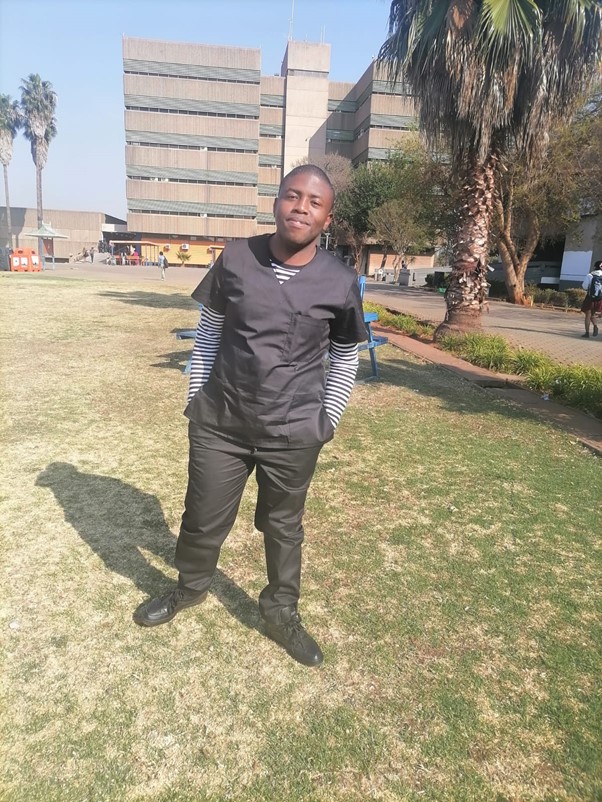Kgothatso Legong, fourth year medical student at Sefako Makgatho Health Sciences University, has advice on surviving the orthopaedics rotation
______
The surgeons of this branch of surgery are imagined to be very macho doctors who wield a hammer like Thor. More often than not, they are imagined as ruthless surgeons who do nothing other than to alternate between the gym and a hospital. I have to say, my week in orthopaedic rotation was stressful.
In retrospect, I wish I could have done the following to make my time in a branch of surgery concerned with conditions involving the musculoskeletal system:
Going through slides before attending class
I am embarrassed to say I fell asleep more times than I could remember while class was in session. I remember my friend discreetly shaking my hand so to wake me up. I would remain awake for a few minutes only to fall back to sleep, and I would even dream random things.
It got to a point where I decided to make my incompetence in class stop. The reason I was falling asleep was because I found the lesson boring. To stop this, prepare yourself to interact with the lecturer instead of being a passive student who has no input during class. To do this, go through the slides before class and prepare questions for the lecturer for things you do not understand.
Adequately preparing for a call
Even though orthopaedics required that students call only once, I was not prepared for that call at all. I was not wearing comfortable shoes to support walking up-and-down from ward to ward and navigating the hectic casualty – which always resembles an opened Pandora’s box. Calls need to be prepared for adequately by also preparing for post-call. Because you would not have time once the call is off to be preparing for post-call.
Compiling post-call presentation during call
During call, as students, we were required to clerk a patient in casualty and another one in or who just got out of theatre. The findings of what we had done had to be typed and presented on a PowerPoint presentation – all this was to take place the next morning at seven o’clock. Because the call ended so late and I had not prepared food for it, when I got home, I was just happy to eat then climb my comfortable bed and rest temporarily.
I had underestimated how tired I was. I struggled to wake up to compile the PowerPoint presentation and when I finally woke up, I was in a rush. I realised that had I taken the laptop with me to the wards and compiled the presentation then, I would have avoided all the panic I caused myself.
We learn from our mistakes so we can avoid making the same ones in the future, and also create an opportunity to learn from different ones.

______
To read more student articles like this visit our student hub.